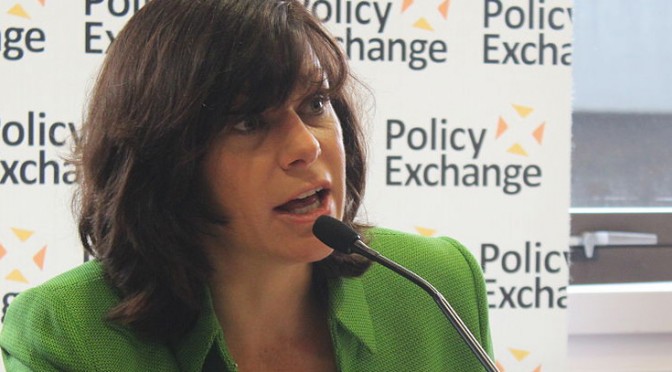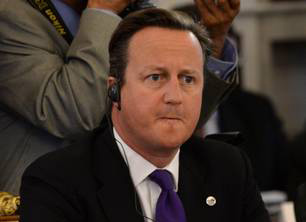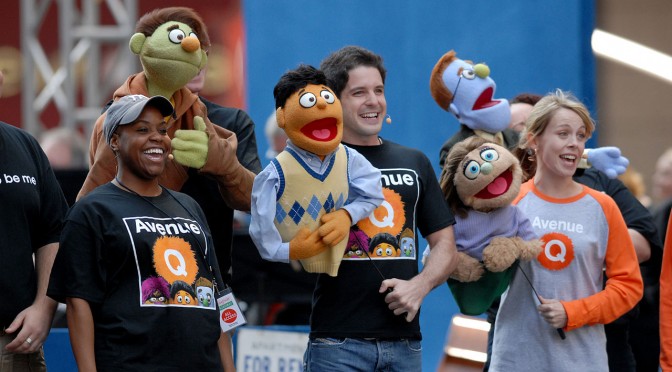When the large ISPs rolled out their poorly-named “porn filters” in December, they all arrived missing an essential feature: a tool to check whether each filter blocked a specific URL or not. Without these tools from Sky, BT or TalkTalk, anti-filter campaigners resorted to using the only such service available, which happened to be from O2. O2, being a mobile provider, had actually been filtering content since 2004, but its URL checker (urlchecker.o2.co.uk) had largely been ignored for several years.
The storm of abuse that O2 received in December was therefore quite unfair: it was targeted, not for being the worst offender, but for being the most transparent of all the mobile and broadband Internet providers. Unsurprisingly, it wasn’t long before O2 took its URL checking service offline; and although the company denies this was done to stop people sending angry tweets, the page is still offline today, displaying the message:
Our URL checker is currently unavailable as we are updating the site.
Perhaps the provider really is updating the site… but let’s not hold our breaths. If I were a manager at O2, I probably would have reached the same conclusion: there’s no point being transparent when transparency is bad for business. Every other ISP, watching O2‘s support Twitter ID get bombarded during early December, will have also decided not to offer an online URL checker. Quite simply, market forces will punish any provider that breaks from the pack and provides information about how its filter works, and which sites it blocks.
It is therefore disgraceful that the government allowed the filtering to be put in place without mandating provider transparency. Countless sites have undoubtedly been blocked in error, but it is very difficult to find out which ones are blocked by which providers.
Sadly, we cannot expect Claire Perry MP, who is responsible for this mess, to call for this problem to be remedied. Transparency will reveal the huge extent of overblocking, which will be as bad for her career as it is for ISPs’ reputations.
It is up to the public to expose this deliberate suppression of information, and to shame government into action. If you care about Internet freedom, please tweet BT, TalkTalk, Sky, David Cameron and Claire Perry to ask why we cannot easily see what is being censored; and also ask O2 when their URL checker will be back online. Use the #CensoredUK hashtag in your tweets, and we will retweet them!


